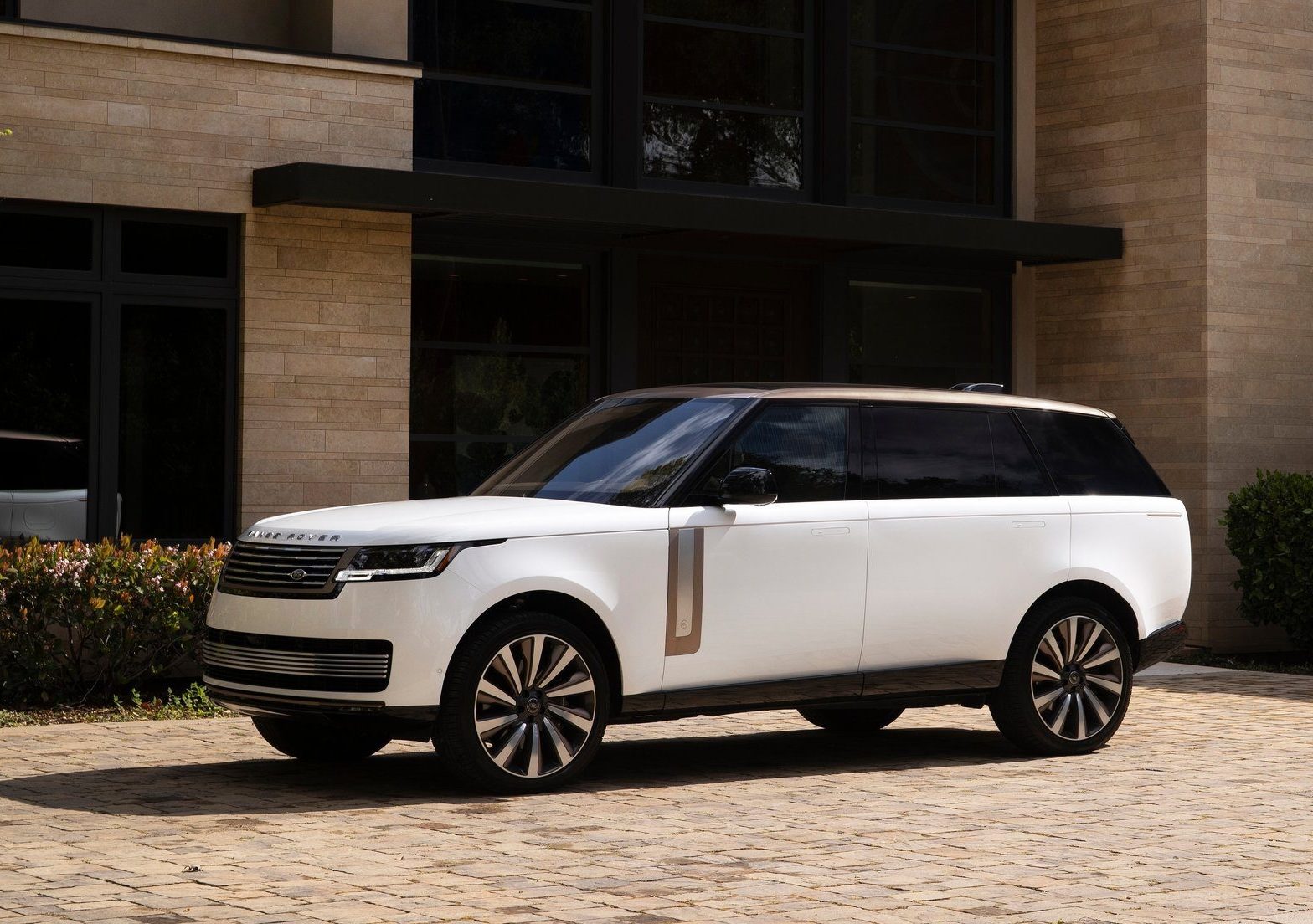Jaguar Land Rover (JLR) Sales Data, Trends & Analysis for the U.S Automotive Market
Jaguar Land Rover is a British multinational automotive company, headquartered in Coventry, England. It is a subsidiary of Tata Motors, an Indian automotive manufacturing company and a member of the Tata Group. JLR specializes in designing, developing, and manufacturing luxury vehicles under the Jaguar and Land Rover brands.
Jaguar is known for its luxury sedans, sports cars, and more recently, electric and SUV models. Key models have included the XF, XJ, and the F-TYPE sports car. Jaguar has been venturing into electric vehicles with the Jaguar I-PACE, its first all-electric SUV, which has received critical acclaim. The brand also produces high-performance versions of its cars, like the F-TYPE SVR, under its Special Vehicle Operations (SVO) division.
Land Rover is renowned for its luxury SUVs that offer both off-road capability and premium comfort. Models range from the more rugged Defender to the luxurious Range Rover. These models offer a blend of off-road capability and interior space, targeting families and adventure enthusiasts. The Range Rover sub-brand includes the Range Rover, Range Rover Sport, Range Rover Velar, and Range Rover Evoque, all of which are luxury SUVs with varying levels of size and capability.
Jaguar Land Rover (JLR) U.S Sales Figures & Recent Highlights
Jaguar began exporting luxury sedans and sports cars to the U.S. in the post-World War II era, during the late 1940s and 1950s. The brand quickly became synonymous with British luxury and elegance. Land Rover entered the U.S. market in the 1980s, although some of its vehicles were imported as grey market vehicles before that. The brand capitalized on the growing trend for SUVs and became known for its blend of off-road capability and luxury.
Jaguar Land Rover has a dedicated customer base in the United States, but the brand faces multiple challenges, including the need for product revitalization, the acceleration of electrification plans, and stiff competition from both luxury and mainstream brands. The company’s shift toward electrification and bespoke, high-performance models may offer new avenues for growth and differentiation in the competitive U.S. market. While Land Rover has successfully maintained its image as a luxury SUV maker, Jaguar has struggled to maintain consistent brand messaging.
The Jaguar I-PACE, the brand’s first electric vehicle, has been well-received in the U.S., winning several awards. However, it faces stiff competition from other electric SUVs from brands like Tesla and Audi. Models like the XF and the F-TYPE have a niche but devoted following. The sedans face intense competition from German luxury brands like BMW, Mercedes-Benz, and Audi. Despite its illustrious history and high-quality products, Jaguar has struggled to capture significant market share in the U.S. in recent years.
Land Rover has fared better than Jaguar in the U.S., benefiting from the growing demand for SUVs. Models like the Range Rover Sport, Range Rover Velar, and the newly reintroduced Defender have been particularly successful. The Range Rover lineup has carved a niche for itself in the high-end luxury SUV market, competing successfully with other luxury brands.
Jaguar Land Rover (JLR) U.S Monthly Sales Data
Below we have a table that shows Jaguar Land Rover (JLR) sales for the United States automotive market, but this time it is broken out by month. This is on a unit basis. Jaguar Land Rover (JLR)’s new vehicle sales in the US across all its owned brands.
Jaguar Land Rover (JLR) Annual Sales, Growth & Market Share in the United States
Below we have a table that shows total Jaguar Land Rover (JLR)y sales volumes for the US automotive market, broken out by year. This data captures all Jaguar Land Rover (JLR) sales for the entire United States automotive market, including sub-brands.
Jaguar Land Rover (JLR) U.S Annual Sales Units & Growth Chart
Below is a visual representation of Jaguar Land Rover (JLR)’s U.S sales units over time. We have both the Jaguar Land Rover (JLR) sales units and the growth in the United States market. Click on the items in the legend to see each series by itself.
Jaguar Land Rover (JLR) U.S Growth Rate & Market Share Chart
Below is the annual growth rate for the Jaguar Land Rover (JLR) in the United States, shown against the Jaguar Land Rover (JLR)’s marketshare changes in the United States. This gives you a good look into how the Jaguar Land Rover (JLR) has faired against the other brands in terms of absolute sales and effect on marketshare. Click on the items in the legend to see each series by itself.









